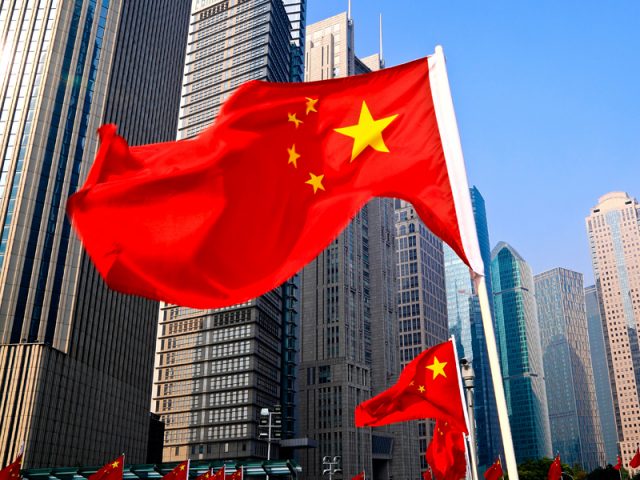
By William Suberg,
China has stepped up controls over transactions in a bid to reduce capital outflow amid a waning yuan – yet bitcoin activity continues.
 The country’s regulator, the State Administration of Foreign Exchange (SAFE) in the past week announced spot inspections of any outgoing transaction of over $5 million. Previously, only transactions of over $50 million in value could be eyed before leaving China.
The country’s regulator, the State Administration of Foreign Exchange (SAFE) in the past week announced spot inspections of any outgoing transaction of over $5 million. Previously, only transactions of over $50 million in value could be eyed before leaving China.
“Now, the threshold has been drastically lowered to $5 million, and covers both foreign currency and yuan,” a source told Reuters.
“All we can do is to ask clients to be patient, and tell them that the transaction is being vetted by SAFE for authenticity and may not be approved.”
While the yuan hovers around an eight-year low against the dollar, unease about capital flight has been gripping authorities recently. “Breaking the feedback loop,” as one Chinese central bank researcher described it, is hence a priority.
However, Chinese investors’ voracious appetite for bitcoin trading could still go unabated, as SAFE’s inspections could hardly touch cryptocurrency transactions.
“If you pinch a balloon in one place, it just bulges in another,” another commentator aptly added to Reuters.
Great Firewall Shifts West
In an altogether different sector, China has signaled it would be willing to use its expertise to help Russia increase state control over the internet.
 A law passed earlier this year requiring companies to store data on Russian territory for extended periods means Russia requires significant technology to handle it. Western solutions are unlikely given political tensions, but China has already stepped in.
A law passed earlier this year requiring companies to store data on Russian territory for extended periods means Russia requires significant technology to handle it. Western solutions are unlikely given political tensions, but China has already stepped in.
“The principal agreement to have a forum was reached by [Putin assistant] Igor Shchyogolev and [security architect] Fang Binxing at a meeting in December 2015 in Beijing,” UK newspaper The Guardian quoted spokesman Denis Davydov as saying.
While data storage is touted as the goal of the countries’ cooperative efforts on the surface, other parties suggest it is part of a plan for Russia to exert the kind of control over internet use that China already has.
The partner of choice for the technology deal, for instance, is Huawei, a de facto state-controlled corporation commentators say is no coincidence.
“Huawei is essentially an arm of the Chinese state, whoever nominally owns it,” author Gordon Chang told the Guardian.
“Its origins are murky, its growth far too fast for a private company in China, state officials support its efforts, and the absence of competition from state enterprises is another important tell.”
